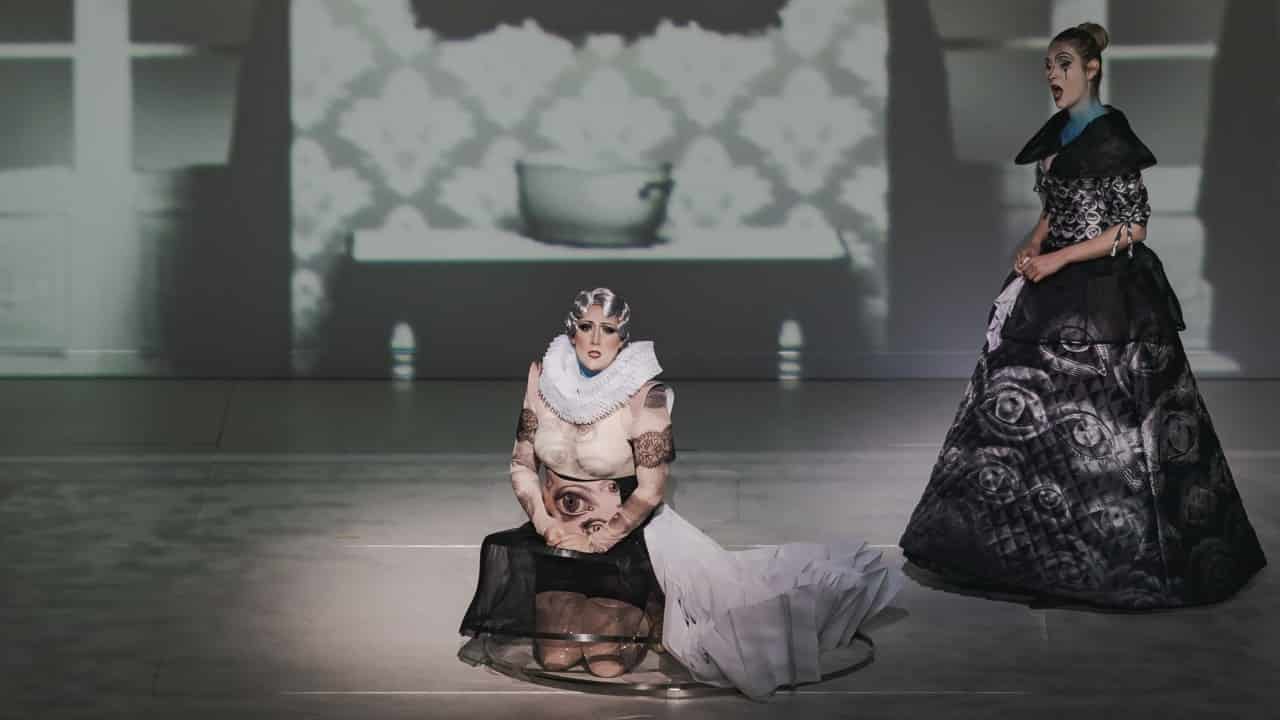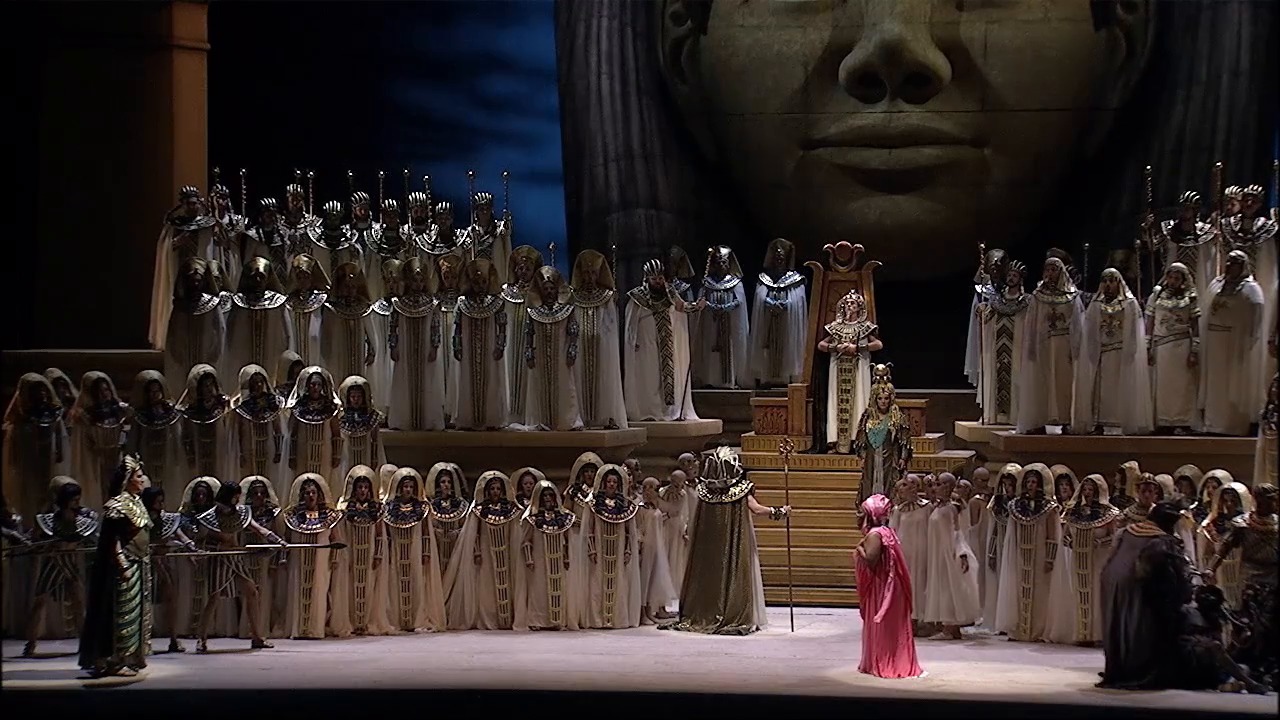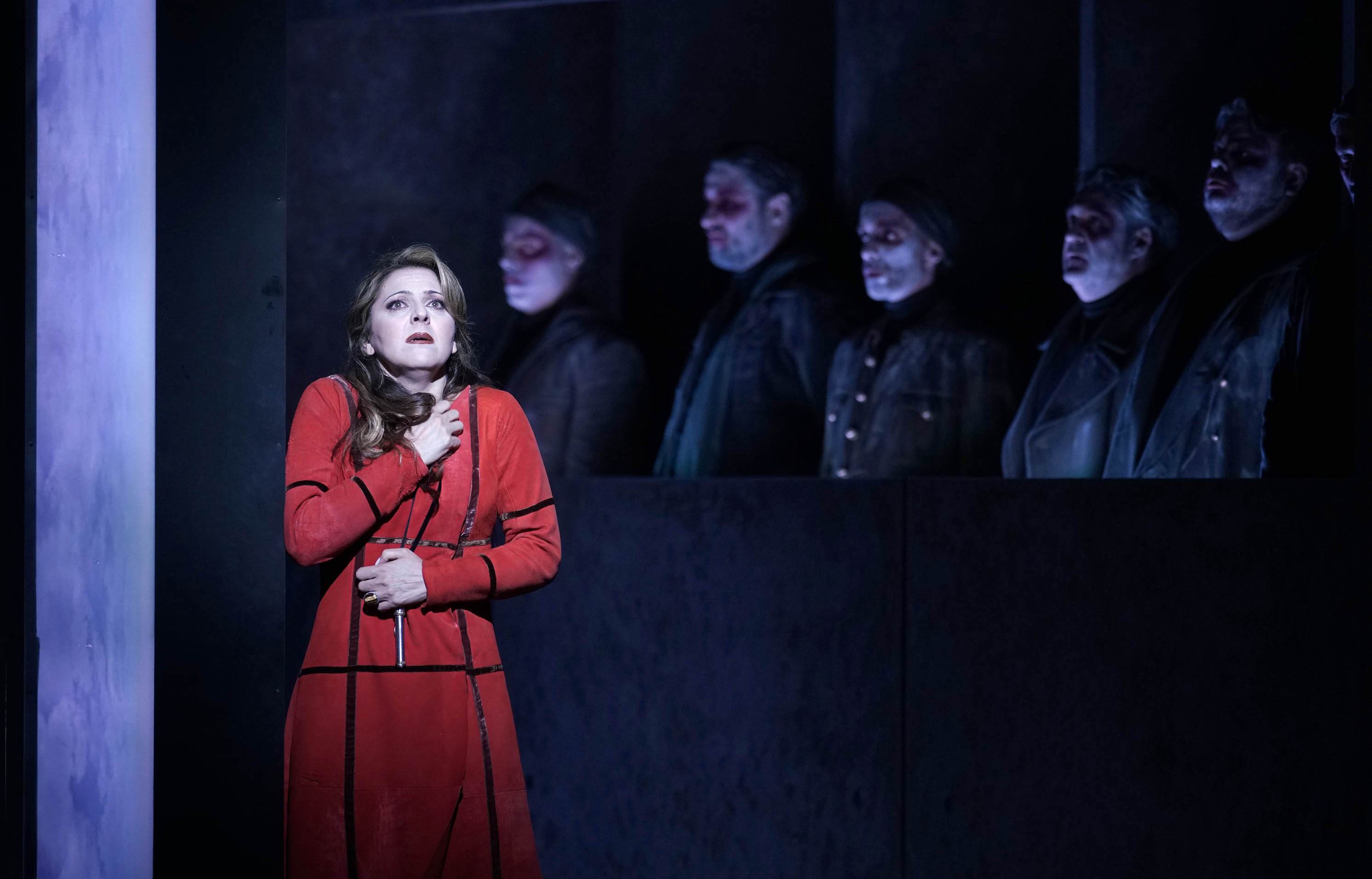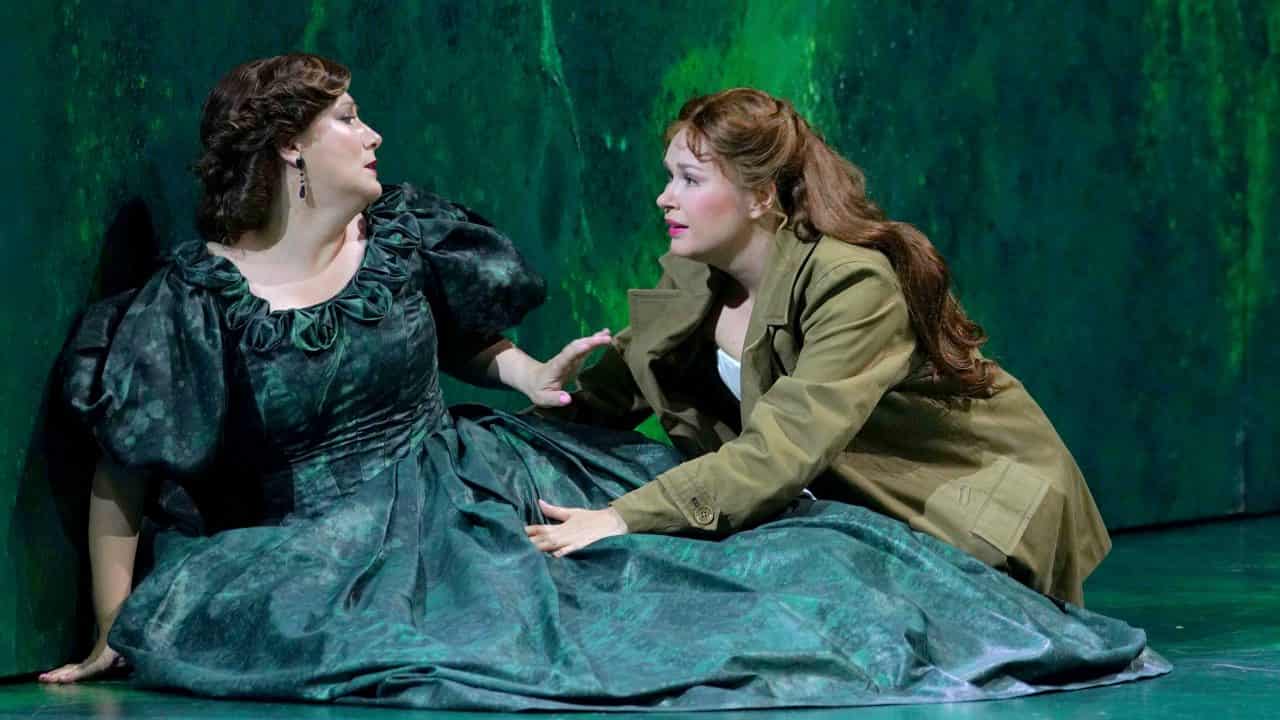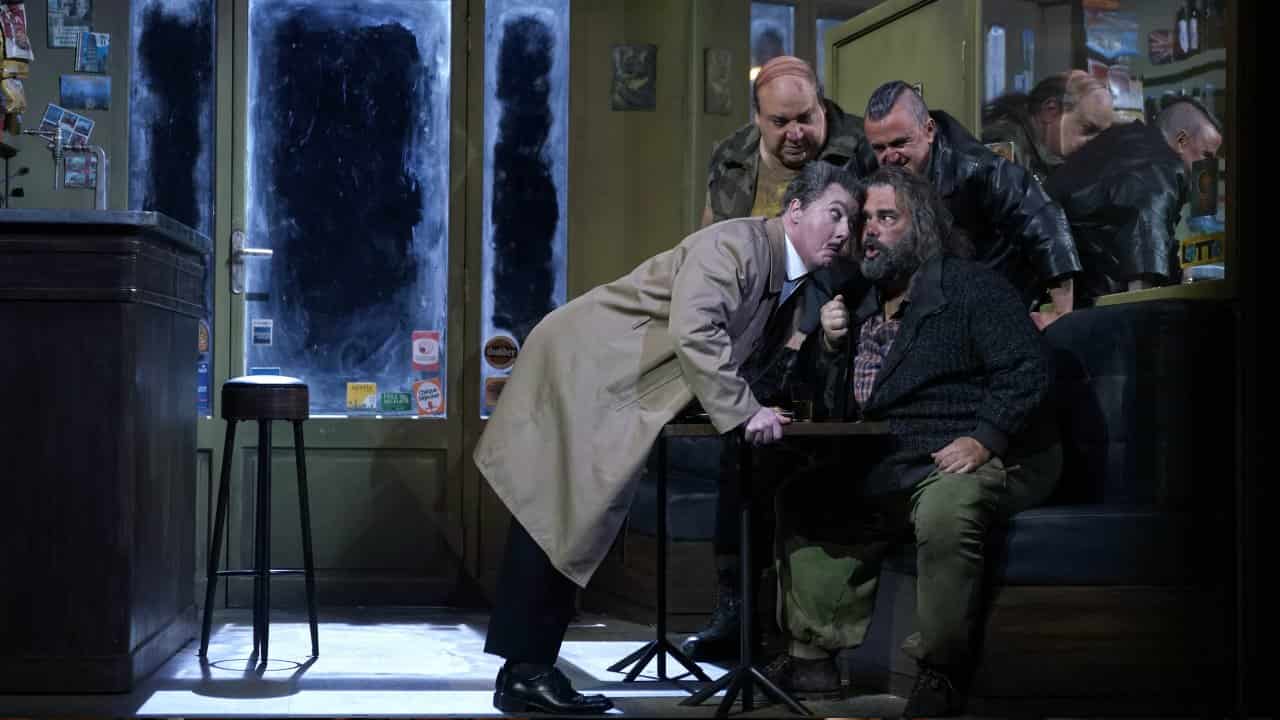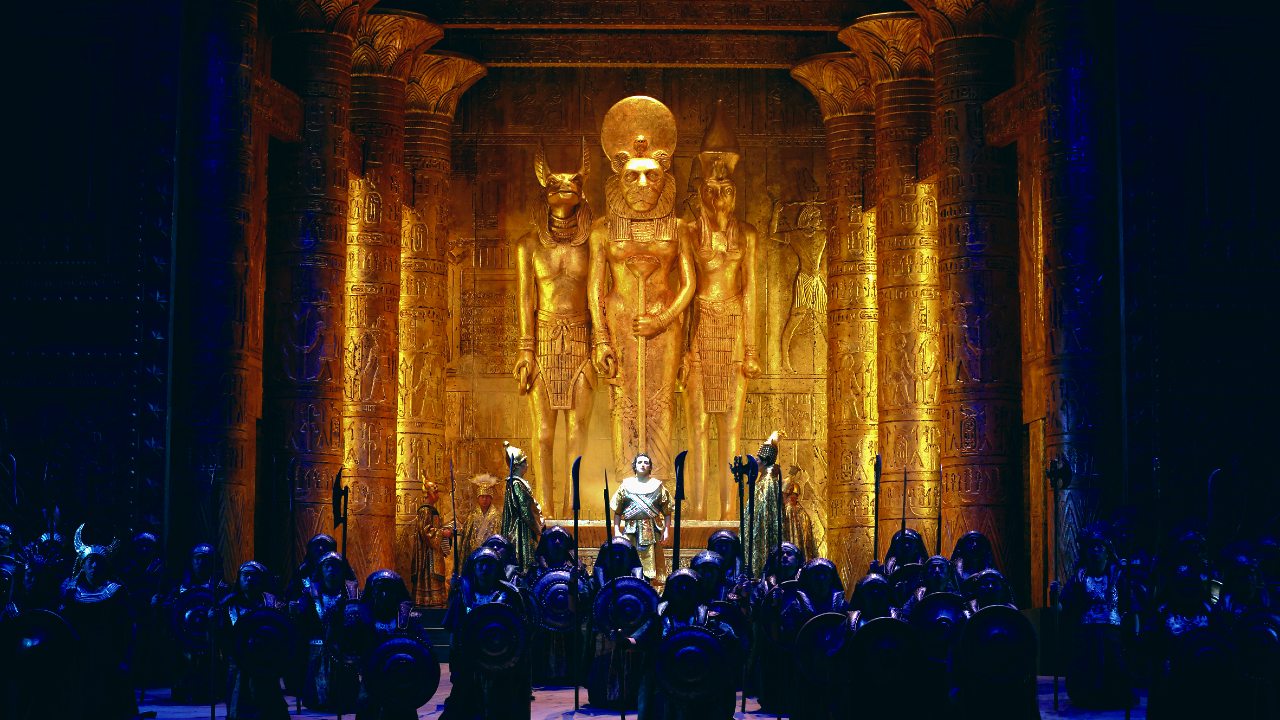In September 2008 the Neapolitan stage and screen director, Mario Martone, changed the setting of this opera from the late 17th to the 19th century. He believed that Verdi’s story of passion and political rivalry was better suited to the composer’s own era. In this opera, Verdi breaks free from the strict forms of arias and duets, creating larger ensembles with a more fluid and wide-ranging musical discourse. At the same time, he skilfully uses the conventional forms and styles which were the legacy of French comic opera (the character of Oscar) and of grand opera, connecting them to the tradition of Italian opera.
Verdi’s enormous talent for creating well-rounded characters, his keen sense of drama and endless musical inspiration are all on display in this work, in which he skilfully balances drama and comedy, large ensembles and intimate moments, the bustle of the court and the inner dramas of the protagonists. Loyalty, treachery and passion are the three fundamental elements of Un ballo in maschera. Each one has its own theme which we hear in the overture. Passion, however, is the over-riding sentiment of the dramatic final scenes.
Gabrielle D’Annunzio said that Un ballo in maschera was “the most melodramatic of all operas”.
Melodramma in three acts
Music by Giuseppe Verdi (1813-1901)
Libretto by Antonio Somma, based on the libretto of Augustin Eugène Scribe for the opera Gustave III, ou le Bal Masqué, by Daniel Auber
Production of the Teatro Real, in coproduction with the Royal Opera House, Covent Garden in London
Principal Chorus and Orchestra of the Teatro Real
Artistic team
Conductor | Jesús López Cobos
Stage director | Mario Martone
Set designer | Sergio Tramonti
Choreographer | Duncan Macfarland
Costume designer | Bruno Schwengl
Lighting designer | David Harvey
Chorus master | Peter Burian
Cast
Riccardo | Marcelo Álvarez
Amelia | Violeta Urmana
Renato | Marco Vratogna
Ulrica | Elena Zaremba
Oscar | Alessandra Marianelli
Silvano | Borja Quiza
Samuel | Miguel Sola
Tom | Scott Wilde
A judge | Orlando Niz
Amelia's servant | César San Martín


